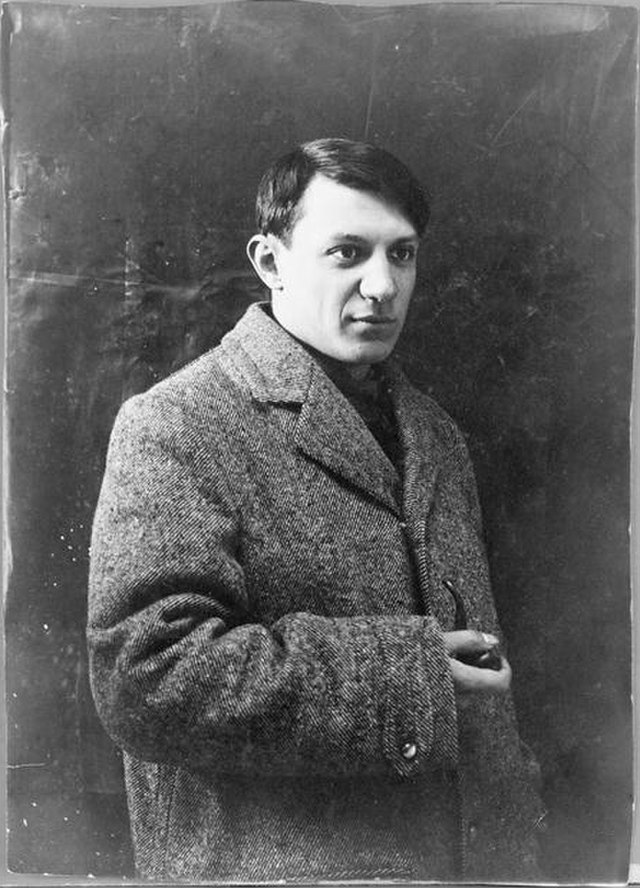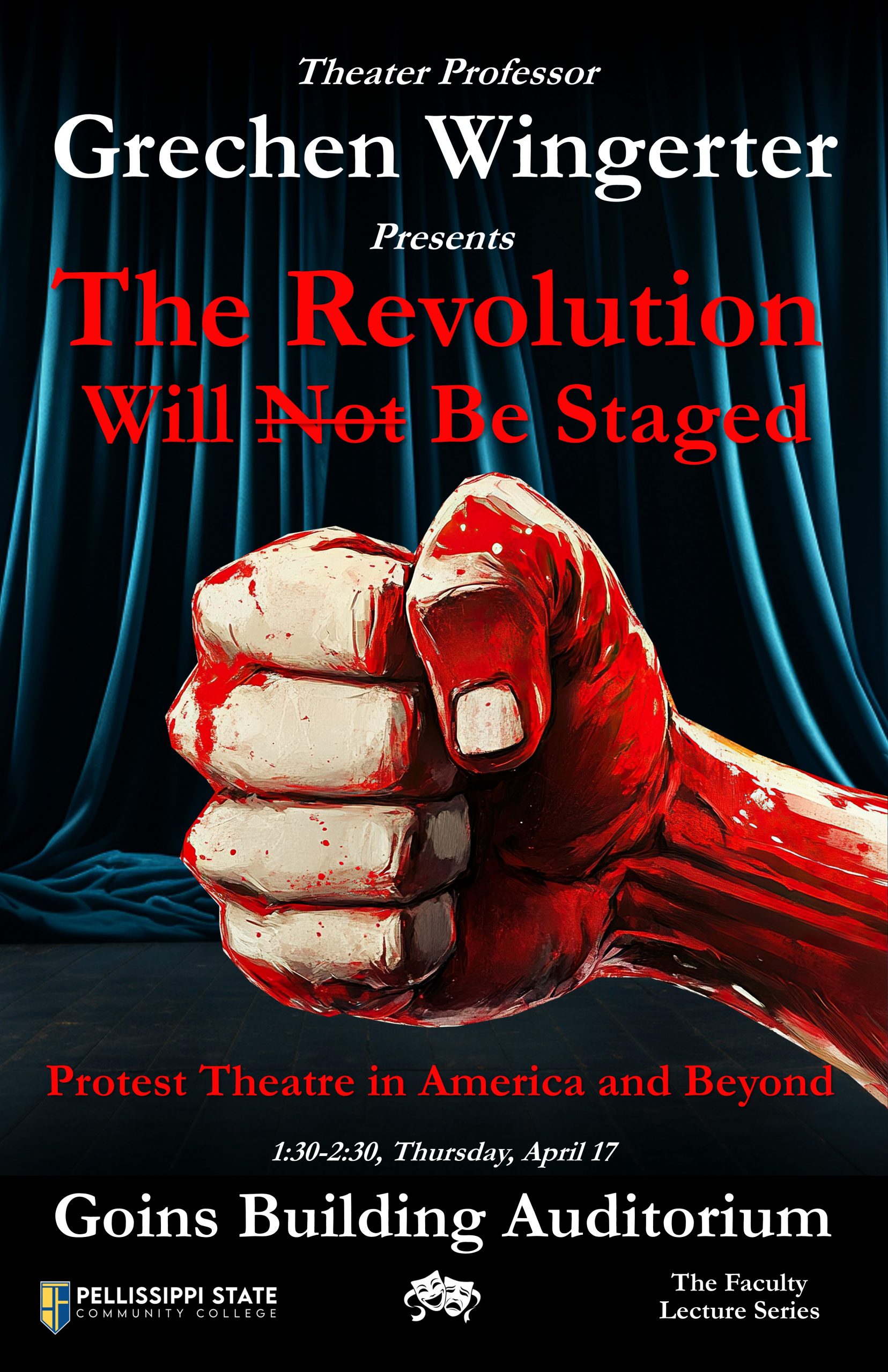By Leyli Izadpanah, Writer
Unfortunately, many great artists have not so great reputations; from essential artists like Virginia Woolf, to Gen Z’s “problematic faves,” many artists have said/done things that are inexcusable. While many people think that art should be separated from the artist in order to enjoy the artist’s work without having to condone their actions, artists pour their souls into what they create and anything they firmly believe will seep not only into the work, but also into you. An artist’s moral character greatly impacts their work, so it matters who/what we, as consumers, choose to support.

Surprisingly, a huge number of artists from past generations that we know and love today were actually terrible people, yet most observers of their work are unaware because the artists’ personal lives are rarely ever discussed with their achievements. For example, world renowned Cubist artist Pablo Picasso was not only an innovative painter, but also a notorious misogynist who was physically and emotionally abusive to many women over many years.
Throughout his life, Picasso used women as mere objects both sexually and in service of his art, famously saying to one of his mistresses, “Women are machines for suffering.” His belief that women are mere objects of desire is clearly showcased in his artwork, as many of his paintings depict women in the form of literal objects: an instrument, furniture, etc.
This doesn’t mean that his paintings aren’t great artistic achievements, but does reiterate the need for understanding the context in which his art was made. Without the knowledge of his attitude towards women in his life, it’s harder to gather the attitude towards women that’s portrayed in his art, and to think twice before glamourising his work. During an interview in L’Intransigeant on June 15, 1932, Picasso said, “One’s work is a way of keeping a diary.”
Modern-day cancel culture differs greatly from what little scrutiny artists faced historically, but the same values hold true; you can’t consume an artist’s media without also consuming their values and ideas, and when you support an artist by taking in their work, you’re also giving them a platform and supporting them monetarily.
Every modern music lover has discovered a new artist, gotten way too deep into their songs, and then looked them up only to find tweets saying things like “X is a problematic fave,” or “X is cancelled.” This can not only be disappointing, but heartbreaking, as the emotional connection the listener has made to the music comes crashing down when they discover the person who made it is actually a shitty person. This type of discovery is far from rare in today’s age; it feels more likely than not that a band you discover will have some sort of problematic history.
So, how problematic is too problematic? Where do we draw the line?
Well, to explore this question, it’s necessary to discuss some artists who fit the mold. The current poster-child for “problematic,” Kanye West (aka Ye), is a prime example. Once arguably one of the most influential rappers and trailblazing celebrities of the century, Ye can now be found in a MAGA hat spewing hatred and misogyny on X, formerly Twitter.
Since 2005, Ye has adopted the image of a controversial artist, using this as an excuse to make many claims that have become more hateful over the years.Ye has posted many antisemitic sentiments on his social media accounts and also used many offensive slurs, and many of his vile remarks also target people with disabilities and other racial groups. Just this year, he aired an ad during Super Bowl LIX advertising his limited online store, which was selling a plain white t-shirt with a black swastika; by February 11, the site was unavailable.

Despite facing backlash and financial fallout, Ye has doubled down on his hateful rhetoric, proving further his obscene ideals and literally describing his upcoming album as an “anti semitic sound” in a tweet on March 6. While he is an extreme example, Ye is proof that an artist’s hateful beliefs go directly into their music. Because fans of his work continue to listen to and promote his music, he continues to have a platform he doesn’t deserve; the only way to ensure that he doesn’t keep it is to show intolerance by not listening to his music.
As a less shitty example, take Justin Timberlake. Throughout his time in the music industry, Timberlake has been in some pretty sticky situations and made plenty of less than decent choices. In the past year, he was arrested with a DWI charge after leaving the American Hotel in Sag Harbor, Long Island on June 18, 2024 and refused to take a drug test, later tacking on one count of driving while intoxicated and two citations after running a stop sign and failure to keep in lane. The singer has also faced much scrutiny in the recent past for allegedly cheating on and coercing Britney Spears into an abortion during their relationship as well as his infamous 2004 Super Bowl incident with Janet Jackson. Although Timberlake’s actions are undeniably bad, they are incomparable to someone like Ye’s utterly unscrupulous behavior. Unlike with Ye, it’s less important whether or not people listen to his music, as long as he’s not being idolized and people are aware of his bad behavior.
Although musicians are what people tend to focus on, there’s also been many problematic authors. For example, Neil Gaiman is one of the most commercially successful and widely loved novelists in modern day, but it’s now no secret that he’s been accused of sexual misconduct by multiple women. In New York Magazine, a reporter interviewed eight of the women who detailed their encounters with him including frequent coerced and violent sexual assault and unwanted sexual advances in the presence of Gaiman’s young son. In response, Gaiman posted on his website denying all allegations and stating that all sexual encounters were consensual.
The allegations he faces clash with his self-proclaimed feminist persona and came as a shock to many unsuspecting fans, as Gaiman is one of the few comic book authors to have a large female following. Separating the art from the artist becomes even more impossible when the artist has so publicly stood for the kinds of values he’s now accused of violating. It feels like a betrayal, not just of individuals, but of the trust of his entire audience. Gaiman has a large collection of works that many people consider to be modern classics, inspiring acclaimed adaptations for film, T.V., and the stage.
These recent allegations changed not just the reader’s view of him, but also the comfort they found in his work. Looking away from harmful behavior just because someone created something impactful is how abuse hides in plain sight. We can still appreciate the impact his stories had on us, but we also have to be aware of the harm he’s accused of causing and what it says about the systems that allowed it.
So, to answer the question, can we enjoy art from bad people? Well, it’s complicated. It depends on the extent of the situation; however, being aware of an artist’s preconceived ideals is essential to understanding their work. Keep in mind that the act of “separating the art from the artist” protects the artist, not the audience, not the victims, and not the truth. You might not be intending to condone harmful behavior, but the impact is the same: continued platform, continued revenue, continued silence. Dozens of artists create work just as imaginative and meaningful, without a record of abuse or exploitation. Overall, it’s up to the individual who they choose to support and listen to. If an artist’s work is a representation of themselves, people might need to rethink if the art they consume from bad people really is so great.
For those who say it’s okay to separate the art from the artist, sorry, but you’re wrong. An artist cannot be separated from their art because it reflects their personal opinions and experiences. It’s like saying you can separate a meal from its chef. No matter how much you want to say you like the artist, but don’t support their actions, I’m afraid that’s just not possible. By listening to an artist, you’re directly giving them money, receiving and listening to their opinions and ideas, and providing them a platform to do/say whatever they want while influencing many people.
If you choose to be wilfully ignorant about an artist’s wrongdoing, and ignore their allegation, you are actively supporting a bad person. No matter how talented or beloved someone is, we are all held to the same moral standards. By shielding powerful individuals from consequences, you’re perpetuating cycles of abuse in creative industries. It sends a message that cultural contribution is more valuable than ethical behavior or accountability. It definitely depends on the extent of wrongdoing and the intent of the artist, but when artists create art, they draw from their past and personal beliefs, making it impossible to separate them from their creation.





